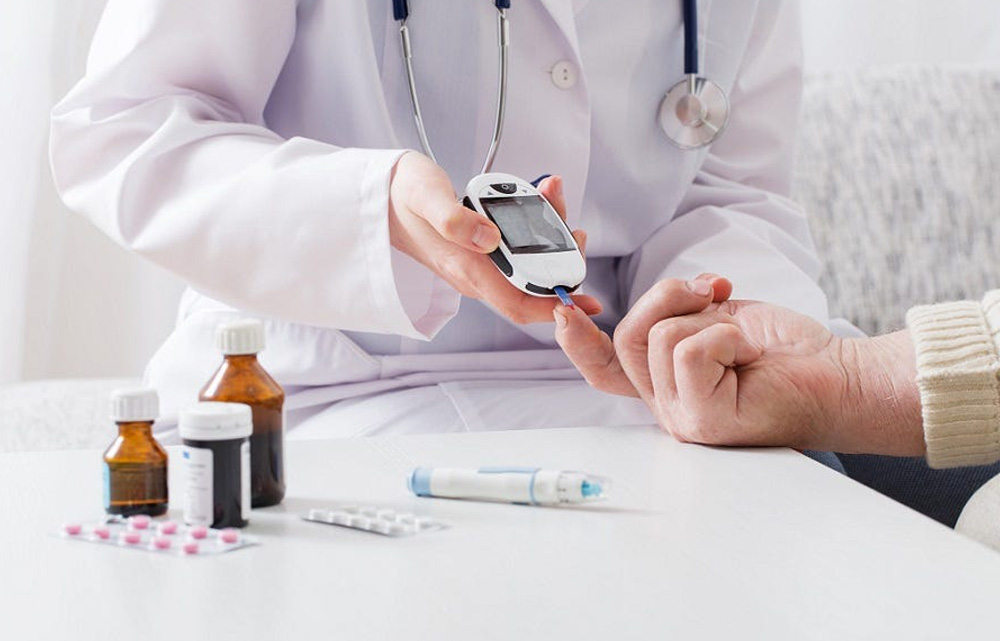A Fellowship in Diabetology is an advanced training program designed for medical professionals who wish to specialize in the management and treatment of diabetes. Here are some key details about such fellowships:
Objectives
- Advanced Knowledge: Gain in-depth understanding of diabetes, including its pathophysiology, complications, and latest treatment protocols.
- Clinical Skills: Develop advanced clinical skills in diagnosing and managing diabetes and its associated complications.
- Research: Engage in research activities to contribute to the field of diabetology and stay updated with the latest advancements.
Eligibility
- Medical Degree: Candidates typically need an MD, MBBS, or equivalent medical degree.
- Residency: Completion of a residency program in internal medicine, endocrinology, or a related field is often required.
- Licensure: A valid medical license to practice in the country where the fellowship is offered.
Curriculum
- Clinical Training: Extensive hands-on experience in managing patients with diabetes in various settings (outpatient, inpatient, and emergency).
- Didactic Learning: Lectures, seminars, and workshops on advanced topics in diabetes care.
- Research Projects: Opportunities to participate in or lead research projects related to diabetes.
- Case Studies and Presentations: Regular case discussions and presentations to enhance clinical reasoning and decision-making skills.
Key Learning Areas
- Type 1 and Type 2 Diabetes: Comprehensive management including insulin therapy, oral medications, and lifestyle modifications.
- Gestational Diabetes: Diagnosis and treatment strategies for diabetes during pregnancy.
- Diabetes Complications: Prevention and management of complications such as neuropathy, retinopathy, nephropathy, and cardiovascular diseases.
- Technology in Diabetes Care: Use of continuous glucose monitoring systems (CGMs), insulin pumps, and other advanced technologies.
Duration
- Fellowships typically last from 1 to 2 years, depending on the program and country.
Career Opportunities
- Specialist Roles: Work as a diabetologist in hospitals, clinics, and specialized diabetes care centers.
- Academic Positions: Engage in teaching and training medical students and residents.
- Research: Conduct clinical and translational research in diabetes.
- Public Health: Contribute to public health initiatives focused on diabetes prevention and management.
Institutions Offering Fellowships
Many renowned medical institutions and universities worldwide offer fellowships in diabetology. Examples include:
- Joslin Diabetes Center (USA)
- Mayo Clinic (USA)
- University of Oxford (UK)
- All India Institute of Medical Sciences (AIIMS) (India)
- AIHMS
Application Process
- Application Form: Complete the application form specific to the fellowship program.
- CV and Personal Statement: Submit a detailed CV and a personal statement outlining your interest and goals in diabetology.
- Letters of Recommendation: Provide letters of recommendation from previous supervisors or mentors.
- Interviews: Attend interviews as part of the selection process.
Pursuing a fellowship in diabetology can significantly enhance your expertise and career prospects in the field of diabetes management and research.

